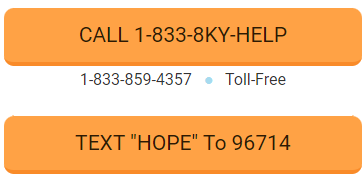
If you’re struggling with a substance use disorder or have a friend or family member in active addiction,HOPE and HELP
are available

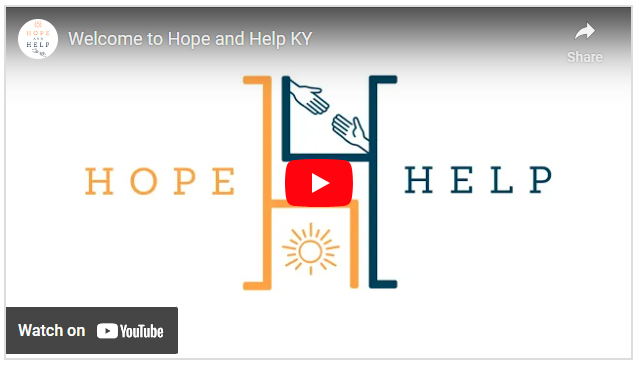
Stories of Hope
Hear from those who struggled with substance use and found the help they needed to overcome and thrive.

Ricky Green - Bowling Green, KY
Ricky Green discusses his victory over addiction, giving hope and help to all who might find themselves where he used to be.
It's just remarkable because I could not have imagined that I would be where I am today. I'm not the only guy who suffered from addiction and recovered and lives an awesome life. We're everywhere.

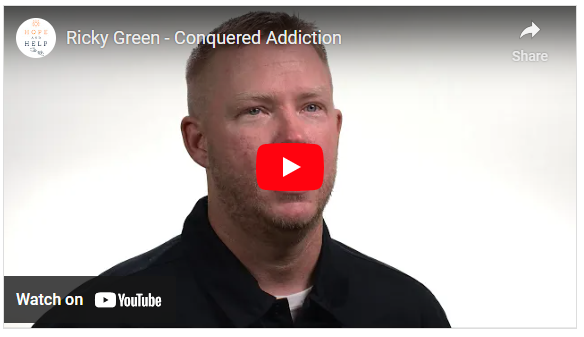
Jason Roop - Campbellsville, KY
Jason Roop talks about his life in recovery after 17 years in addiction, and shares his message of Hope and Help.
Don't give up! Don't let this be the last chapter. The next chapter is the most beautiful one, so if you'll just hold on, reach out, I promise you that your life can be turned around.
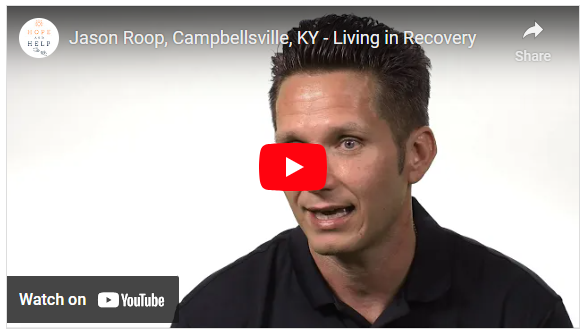
Kayla Parsons - Louisa, KY
Kayla shares her amazing story of defeating addiction and brings Hope and Help to all those who might find themselves where she once was.
They told me that all of those things that had held me back up until this point were gonna be the things that could make me good at helping other people.
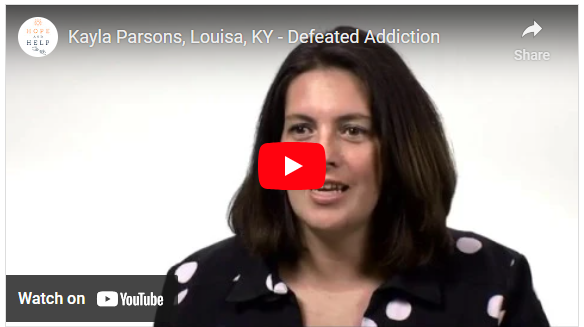
Germaine Dunn - Harrodsburg, KY
Germaine Dunn shares his inspiring testimony of a life in addiction, its terrible consequences, and his new life in recovery that allows him to "never look back."
I'd lost custody of my youngest son. 11 months after I went through ---- house the same judge that took him, the same judge gave him back. . . . and he said I'm proud of you.
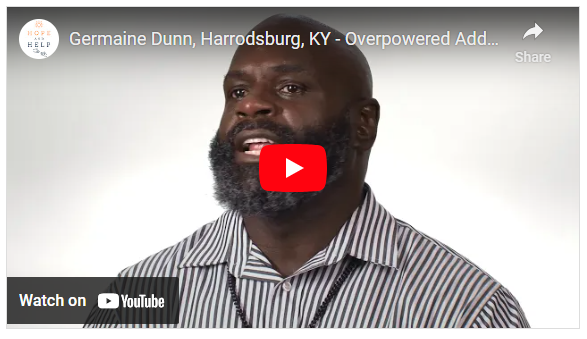
Reach Out
Individuals seeking treatment for themselves or others – as well as family members who have questions or are in need of support – can contact the Help Line to speak with a specialist about available treatment services most relevant to their needs.
All calls are confidential. 